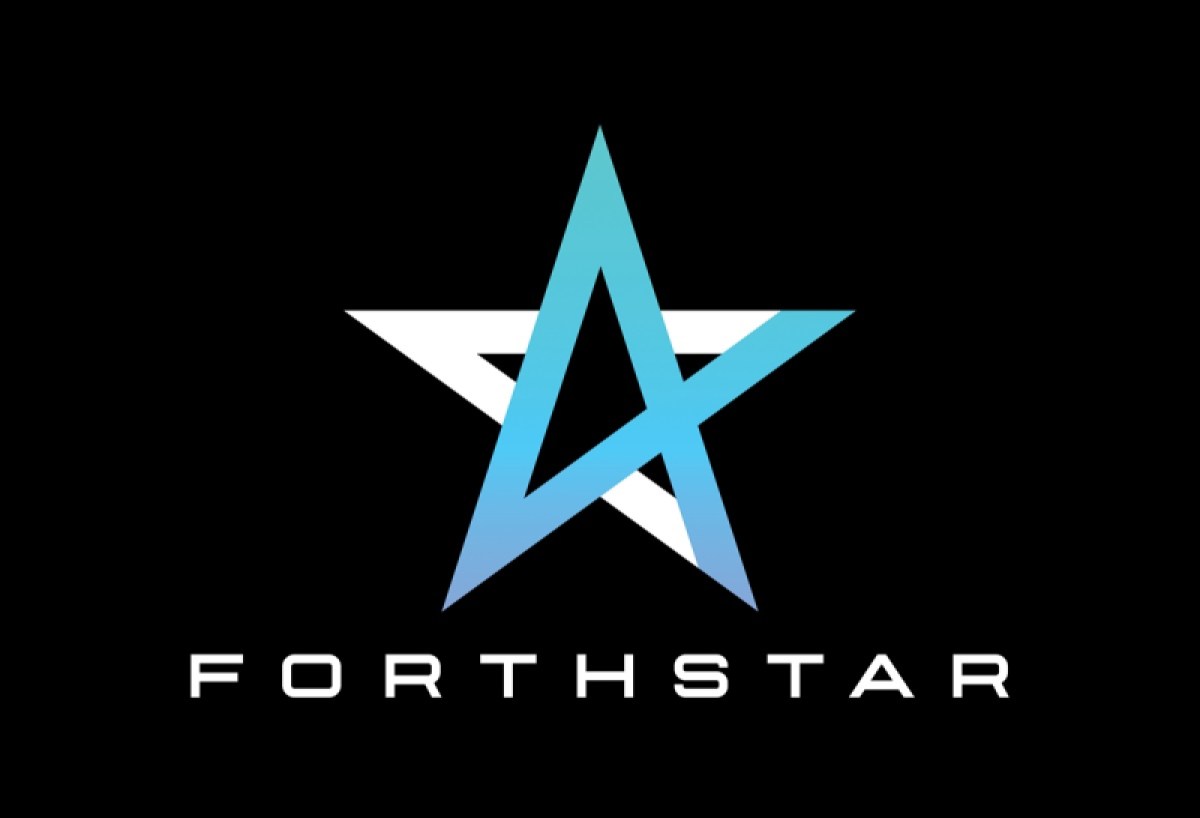Playdemic founders Paul Gouge and Alex Rigby have unveiled their latest venture, ForthStar, a new mobile free-to-play game studio.
The Manchester, United Kingdom-based studio reunites some of the team from Playdemic, the maker of the remarkable hit Golf Clash. Electronic Arts bought Playdemic for $1.4 billion in 2021.
Now the leaders of that studio are striking out on their own again with funding from Griffin Gaming Partners, the largest game-focused VC fund.
ForthStar aims to bring together the industry’s top talent to create games that prioritize creativity, innovation, and exceptional gameplay. While details about their inaugural game are reserved for a later reveal, the funding ensures that the team has ample resources to develop their next gaming hit.
Origins

The duo started Playdemic as a baseball games company in 2010 after selling their previous startup to Square Enix. They launched Playdemic’s games on Facebook, with ad support. Around 2014, they pivoted back to mobile games. Golf Clash was the fourth product, and it is the one that took off starting in 2017. It generated more than a billion dollars in revenue.
As the name suggests, this is the fourth company for Rigby and Gouge. Gouge has been in the games business for 24 years, most recently at Playdemic. They sold Playdemic to Warner Bros. TT Games studio in 2017, and Warner in turn sold the studio to EA. After that, Gouge said, “It was a year or so being out of the industry, doing some investments and thinking about the world.”
Gouge added, “Alex and I have done all the business together. We got our heads together and talked about what we wanted to do with the next period of our lives and realized that this is what we love. This is what we’ve always been passionate about. We have some knowledge and expertise in this particular part of the industry. And we really wanted to really give it another go and try and build something even bigger and better than we had at Playdemic. So that was that was the real motivation.”
The company has hired 14 people who used to work at Pandemic. The team is in a prototyping and building phase. And once they’re comfortable with the product they want to push, they will start to grow the studio more at that point.
Having already secured key figures from Playdemic, the team at ForthStar is actively recruiting both creative and technical talent to further expand their industry-leading team. The studio’s founders, Gouge and Rigby, emphasize their mission to develop games that millions of people love to play every day for years.
ForthStar CEO Paul Gouge, said, “Our mission is clear; to make great games that millions of people love to play, every day for years. It’s an objective we have achieved before, and one that we know we can meet again by building exceptional games that captivate millions of players and become essential daily entertainment.”
The focus on studio culture and nurturing creative talent has been a hallmark of success for Gouge and ForthStar cofounder and creative director, Alex Rigby, who have demonstrated their ability to thrive in the highly competitive and lucrative mobile gaming space.
Rigby said, “We have been fortunate enough to lead and build studios populated by some of the most accomplished and creative talent in our industry. With the opening of ForthStar, we are able to leverage all we’ve learnt in more than two decades of mobile gaming, establishing the strongest foundation for future innovation and success.”
Focus on the male mass market

The company will make free-to-play mobile games with a focus on mass market audiences, mostly for male players — the same target for Golf Clash.
“All markets are well served now in video games. But if you’re looking for any markets that are relatively less well served, I think that the mass market casual competitive male audience still has some potential,” Gouge said. “We think there’s a bunch of people out there that love playing games on their mobile devices that are not necessarily identifying as gamers. They’re not necessarily going to play some twin stick super twitchy shooter.”
He added, “But they might really give 10 to 15 minutes over something that is skill based, that’s competitive, that they recognize and they feel compelled to get involved in.”
Gouge and Rigby, with a track record dating back to their first mobile studio, BattleMail, in 2001, have consistently achieved success in the industry. The formation and subsequent sale of Rockpool Games to Eidos/Square Enix in 2007, and more recently, the sale of Playdemic to Electronic Arts, have set new records for U.K. studios.
ForthStar embraces a forward-thinking business model, incorporating a four-day working week as part of its hybrid and flexible approach to work. The studio prioritizes output over input, fostering a culture of collaboration, innovation, and professional growth while maintaining an anti-crunch ethos.
As for selling to EA, Gouge said there was an attraction to sell a sports game studio to a company with some of the biggest sports game assets in the industry. But they felt the entrepreneurial drive pull them into the world of startups again.
ForthStar is the rare studio actively recruiting to hire people now. Candidates can send an email to superstars@forthstar.com.
A tougher market

Gouge acknowledged that the market has gotten tougher since Apple focused on user privacy over targeted advertising. But he said the mobile market has been competitive for a long time. There are a lot of downbeat stories now in games, but Gouge said that the situation was similar when they were producing Golf Clash in the 2015 to 2016 time frame.
“If you remember back then, the story was that all the winners have been declared. Supercell has won, you know, don’t bother. I actually remember a couple of guys who were good friends who said there was no point to starting. And then we have this huge success. There are always these cycles,” Gouge said. “We are clearly in a bear period. But what’s interesting is the market is still huge. Mobile is still the biggest single platform in video games. It’s a hard one to access because the rewards are not evenly distributed. There is still evidence you can break into that market.”
The one thing that remains true is that if you can build highly compelling content that plls people in, you can break into the top-grossing apps, he said. The team is laser focused on prototyping until it finds the best ideas.
“We have that approach that we think will narrow the odds for us over a company that’s never been there and done it,” Gouge said.
The overall mobile games business

As the mobile business matures, Gouge thinks the industry will see lower percentage growth.
“A good friend of mine says trees don’t grow to the sky,” he said. “Games can’t grow forever because we will just run out of people. We will inevitably see a slowing of growth as we as we mature as an industry. But I still think there’s a long way to go yet. I think what’s interesting about mobile is that if you take out Japan and China from the numbers of 2023, you actually see a 4% growth, which is which is encouraging.”
The issues in China were largely regulatory, he said. But we saw great growth in France, Turkey and South American countries.
Gouge said, “And the issues in China were largely regulatory, that slowed their growth over that period. So we actually saw some, some countries experienced double digit growth. So incredible growth in France and Turkey, in several South American countries. So so there is there’s a real growth story as well still in mobile. I think a recovery year is a good way to sum it up. I think we’ll see improving macroeconomic conditions. “
He added, “We’ve seen some corrections. We’ve seen studios course correct, take some layoffs, change and focus cut some costs. And I think that we always see that in that kind of bear cycle by companies who have slimmed down to get themselves into a better state. And those that are winners can come through strongly as the market starts to improve.”
GamesBeat’s creed when covering the game industry is “where passion meets business.” What does this mean? We want to tell you how the news matters to you — not just as a decision-maker at a game studio, but also as a fan of games. Whether you read our articles, listen to our podcasts, or watch our videos, GamesBeat will help you learn about the industry and enjoy engaging with it. Discover our Briefings.

